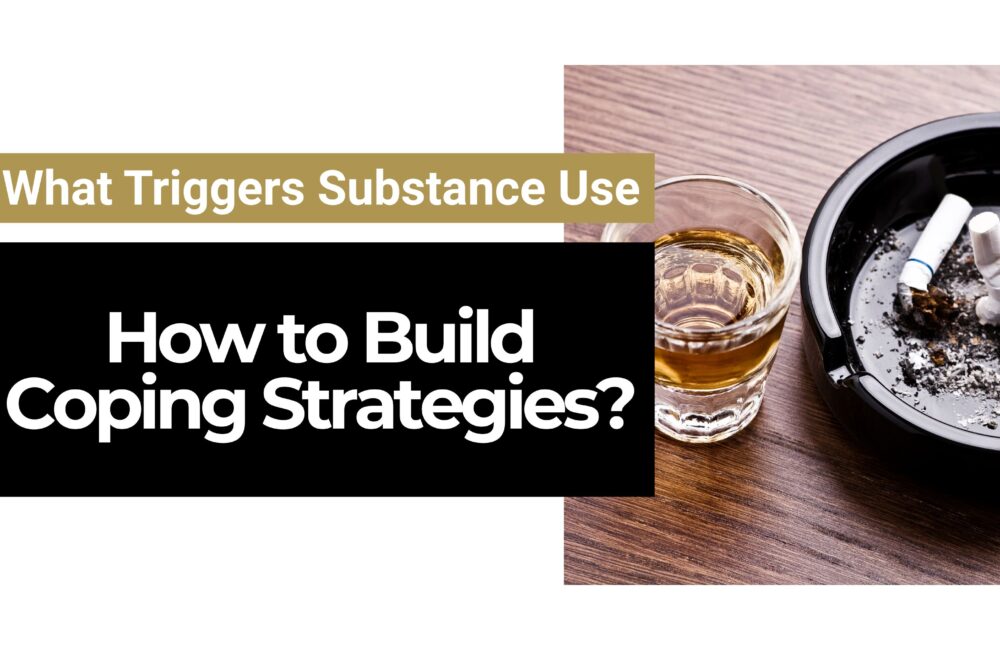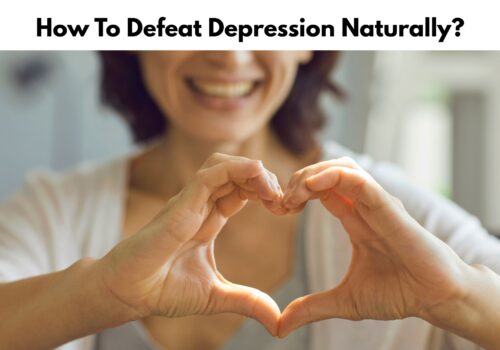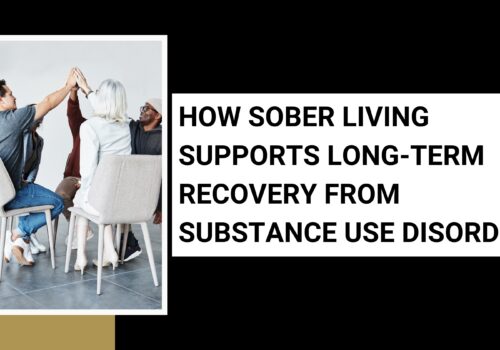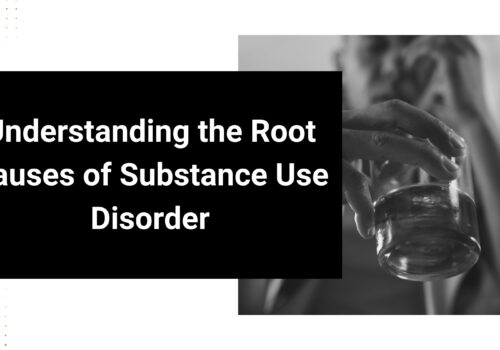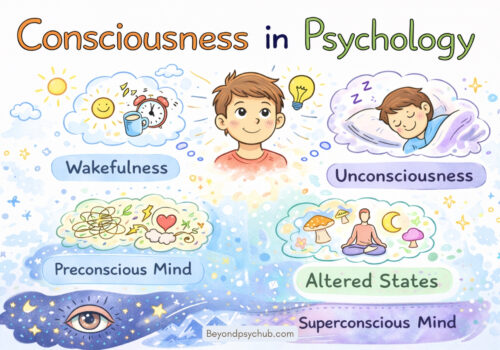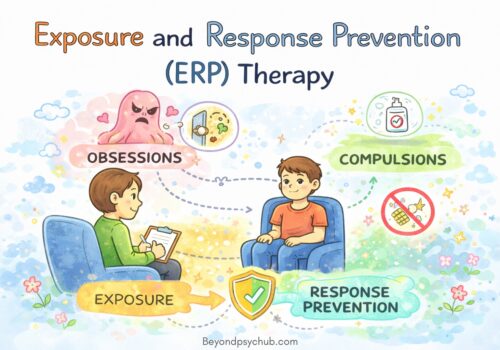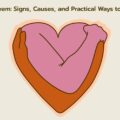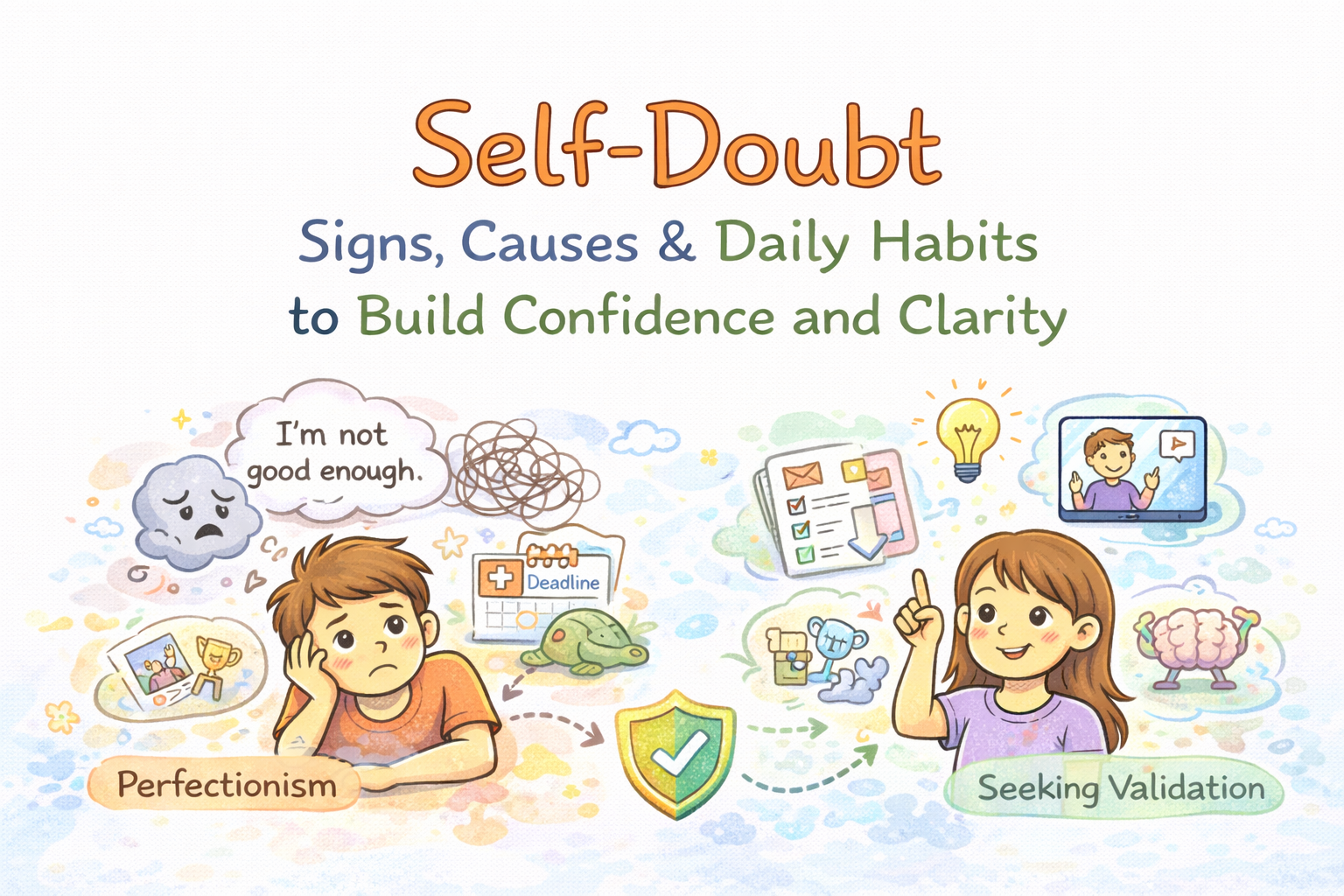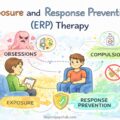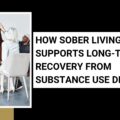The allure of alcohol or drugs is almost inescapable. It has found its way into culture and seeped into literature; it is everywhere. But is this a good thing? Unequivocally, no! So, how does a person escape this?
Resisting psychoactive substances like alcohol or drugs before or after recovery is an extremely difficult challenge. But it takes a humongous amount of strength and willpower once you identify your triggers to resist them and adhere to your relapse prevention plan. The relapse rate with substance use disorders is nearly 60%, and the real challenge to sobriety lies in managing your triggers and temptations.
What Are Triggers in Substance Use?
When it comes to substance use, triggers refer to thoughts, emotions, experiences, people, places, things, and events you immediately connect with your alcohol or drug use. A trigger can make you go back to the experience of your substance use days, even after you have recovered from the same. Triggers can be both internal and external.
Internal triggers are those triggers within you – like thoughts, emotions, and memories, that make you want to use alcohol or drugs. External triggers are those outside you – like people, places, things, and events that make you want to use your substance of choice. Triggers lead to cravings, and cravings can lead you on this oft-traveled path of relapse.
How Triggers Lead to Substance Use: The Cycle Explained
Triggers can be both positive and negative. Positive triggers are those that bring back pleasant memories of substance use – like the pleasurable feeling or the good times you had with your friends. Negative triggers can trigger a fight or flight response, and when you come face-to-face with these kinds of triggers, you can struggle to cope with them without substances to numb the pain and suffering.
It is when triggers become frequent and problematic that a relapse can become a real threat. Therefore, identifying these triggers and developing productive coping mechanisms without resorting to or going back to substance use are the keys to empowerment in your sobriety.
How to Identify Your Personal Triggers?
As we have learned, triggers can be both internal and external. Some of the common ones are:
- Sights
- Smells
- People who use substances
- Memories associated with substance use
- Stress
- Anxiety
- Depression
- Guilt
- Shame
- Anger
- Trauma
- Grief
- Feeling unsafe, judged, or attacked.
Triggers can be vast and varied and quite different from what we have listed here as well. So, identifying them is an empowering step you take. This is best done in therapy when you and your therapist get to the bottom of your substance use in a private, non-judgmental setting where you uncover the underlying patterns leading to alcohol or drug use. This is how you identify your triggers that are unique to you and develop coping strategies to deal with them in a productive way.
Top Evidence-Based Coping Strategies
Identifying your triggers is crucial to your recovery from substance use, albeit it is only the beginning. Once you uncover the specific triggers that lead to substance use patterns, you can take several actions to manage your triggers. The top evidence-based coping strategies to deal with your triggers are:
Creating a Relapse Prevention Plan – When you pinpoint your triggers, you will create a personalized relapse prevention plan with your therapist that outlines how you are going to respond if and when you encounter these triggers.
Cognitive Behavioral Therapy (CBT) Techniques – CBT is the most widely used therapy in the treatment of substance use. Part of its success lies in teaching you to be your therapist, and this is where CBT techniques like cognitive restructuring come in. You learn to identify and change the negative thinking patterns leading to self-defeating behaviors like substance use and restructure them into something more productive.
Mindfulness and Grounding Exercises – Mindfulness practices allow you to focus on the here and now – grounding your mindset into the present moment. This encourages you to healthily detach from the triggers that can lead you on the path to substance use or relapse.
Healthy Lifestyle Habits – Recovery is not just abstinence; it is about changing your lifestyle so that sobriety is your priority. This begins with incorporating healthy lifestyle habits like a balanced diet, consistent sleep, physical exercise, meditation, yoga, and self-care, among others. These habits not only boost your mind and body but also heighten your sense of joy and well-being so that you feel more in control of your triggers.
Building a Strong Support System – Recovery does not happen in isolation, which is why recovery emphasizes the need to build a strong social support system. Family and loved ones, consisting of those who enable your recovery, will provide you with the encouragement and distraction you need to cope with your triggers. You will also benefit by joining informal peer empowerment groups like Alcoholics Anonymous (AA) and Narcotics Anonymous (NA).
What to Do If You Experience a Trigger?
Sometimes, the best way to cope with triggers is to avoid them. While this works with people, places, things, or circumstances, it may not work all the time.
Learning to cope with triggers you cannot anticipate or avoid is mainly developed during your recovery in therapy. So, depending on your relapse prevention plan, here are some coping strategies you can employ to reduce the impact of these triggers on your sobriety and life:
- Deep breathing
- Writing or journaling
- Mindfulness meditation
- Exercising
- Relying on your social support system (even AA and NA recovery meetings can help).
The key to employing these coping strategies is to identify when you are experiencing a trigger that leads to a physical and emotional response. When you learn to recognize these signs, like changes in your breathing or heartbeat patterns (even wearable biosensors can help), you can employ these different coping strategies to relax and detach from the experience.
Developing Long-Term Resilience
Triggers can never go away, so developing long-term resilience is what is required. Simply put, resilience is the capacity to withstand and recover from difficulties. In the long run, resilience is what will empower you in managing your triggers. Building resilience does not happen overnight; it requires supportive counseling, sober living (optional), practicing new tools and skills you have gained from these settings, self-confidence, and social support.
Resilience takes time, but it will equip you with the strength and willpower to overcome your triggers and build the road toward lifelong recovery.
When to Seek Professional Help?
Even with your relapse prevention plans, coping strategies, and all the effort you put in, there are chances of a relapse. Remember, even one encounter with alcohol or drugs can quickly spiral into a relapse. So, whenever you feel like you are on the verge of relapse or have relapsed, reach out to your therapist or doctor immediately.
Relapse is not the end of your recovery; there is no shame in it. It is a common challenge you will overcome with adequate care and support, especially when you reach out early.
Final Reflections
If you or a loved one struggles with substance use, triggers are going to be ever-present. But true recovery lies in knowing and managing your triggers. This is challenging to do on your own, but you do not have to. With therapy and counseling, you can create a personalized relapse prevention plan that will focus on productive coping strategies to deal with your triggers once you have identified them.
Of course, even with all the planning and effort, triggers can still lead to a relapse. But relapse is not a failure; it is a barrier you can overcome with early detection and care. Never hesitate to reach out to your therapist or doctor whenever you feel the need for support; substance use disorder does not end with treatment – it needs to be controlled and managed for a lifelong recovery.
Frequently Asked Questions (FAQs)
What are the top 5 common triggers of substance use?
While triggers can vary from person to person, the top 5 common triggers are stress, anxiety, depression, trauma, and memories associated with substance use.
How do you avoid triggers in early recovery?
By identifying your triggers, you come up with a relapse prevention plan along with your therapist to avoid triggers during early recovery. You can also opt for sober living homes that provide an environment away from your familiar triggers during the early stages of recovery.
What are healthy coping skills to deal with cravings?
Cognitive behavioral therapy techniques, mindfulness and grounding exercises, physical exercises, and social support are healthy coping skills to deal with cravings.
Can emotional trauma trigger relapse?
Yes, emotional trauma can trigger a relapse. This is why therapy and counseling put an emphasis on developing healthy coping strategies.
/cha


